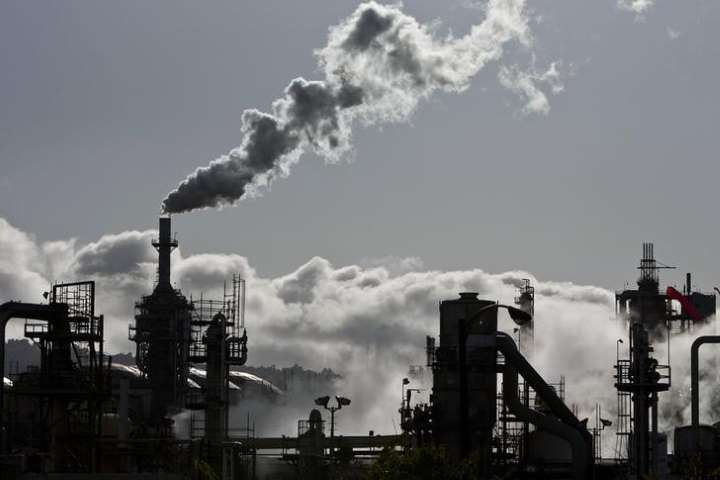The current crisis unleashed by the coronavirus has accelerated the fall of the fossil fuel industry. It is facing a scenario where renewable energy and electric cars are increasingly prominent. A perfect storm that will cause a hole of 22 billion dollars would be the beginning of the end of one of the most polluting sectors in the world.
This is indicated in one of its latest reports by the Carbon Tracker Initiative. A London-based non-profit ideas laboratory investigating the impact of climate change on financial markets, ensuring that global demand for fossil fuels has plummeted about 10% due to the economic stoppage derived from the coronavirus. Many economists advance a sector that will not recover from this crisis, which may be definitive for this industry.
The report indicates that fuel demand will continue to fall by 2% each year. This will have a substantial impact on the income of companies such as oil, gas, and coal, which face an impact on their profits of up to 30,000 million dollars in the coming years.
The report warns that this impact on fossil fuel companies could send shock waves through the global economy. Their market value makes up a quarter of the world’s equity markets, and they owe hundreds of billions of dollars to the world’s banks.
The author of the report, Kingsmill Bond, is committed to starting to carry out an orderly transformation and reduction of fossil fuel assets to try to control this impact on the global economy. The document advances that the decline of the fossil fuel-based system is due to faster-than-expected growth in renewable energy.
The report is based on studies by the International Energy Agency. They predicted that the aftermath of Covid-19 would lead to the most severe drop in energy demand since World War II, and lead to decades-long declines in consumption world oil, gas, and coal, while renewable energy continues to grow.
Global demand for fossil fuels has plummeted by almost 10% amid the coronavirus blockade. M any economists believe the sector may not recover from the crisis.
Meanwhile, renewable energies continue their unstoppable growth driven by their increasingly competitive costs. For example, Europe will meet the target set for 2020 of generating 20% of energy through renewables. Even going so far as to exceed it slightly.
An aspect that will suppose an increasingly competitive electrical system, to which the acceleration of the introduction of the electric car in Europe will be added thanks to the boost that governments are giving to their automotive sector. Focusing efforts on achieving a more sustainable way out of the crisis, and favoring electric cars.
A very negative scenario for fossil fuels that have entered a negative spiral that the coronavirus crisis seems to have only accelerated will result in not only making investments in the sector less and less attractive but also reducing emissions.

